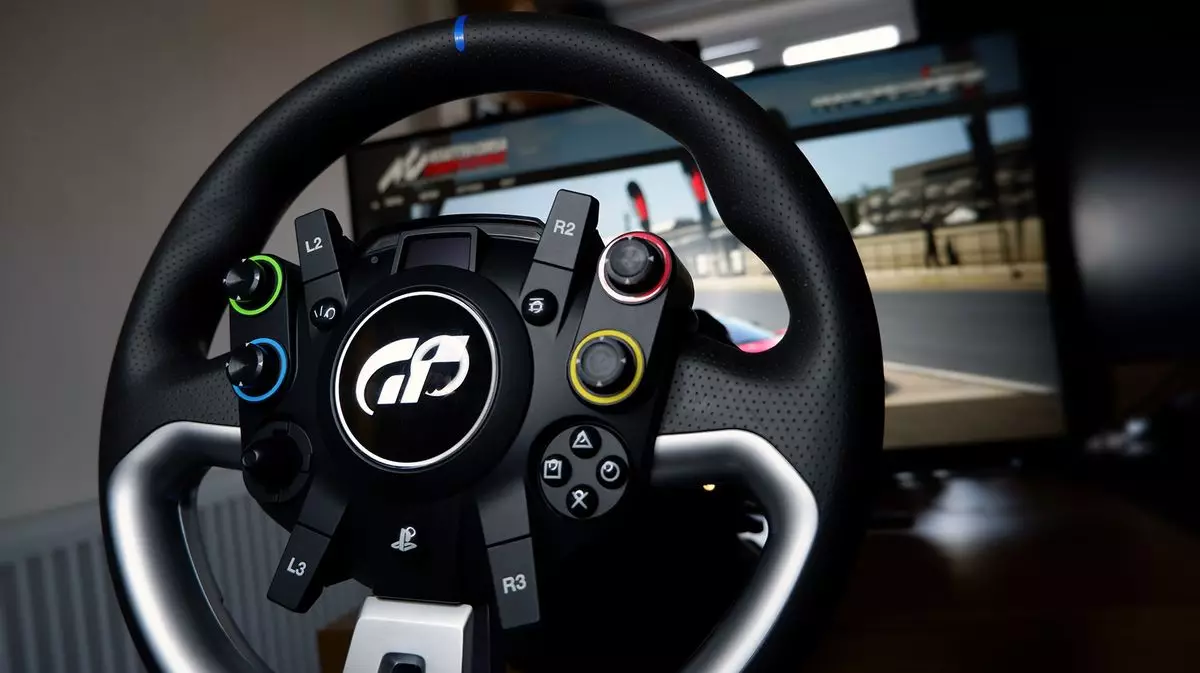In an era where the gaming hardware market is thriving, Corsair’s acquisition of Endor AG, the parent company of Fanatec, has raised eyebrows and sparked discussions. What initially appeared as an ambitious endeavor was clouded by uncertainty when Endor filed for insolvency in July. However, Corsair’s determination to integrate Fanatec into its portfolio has set the stage for significant transformations within the sim racing community.
Upon acquiring Fanatec, Corsair not only gained a brand known for its high-quality sim racing equipment but also inherited a number of challenges. Fanatec had been plagued by customer dissatisfaction, primarily stemming from limited support hours and delays in order fulfillment. Andy Paul, the CEO of Corsair, acknowledged these issues candidly in an interview with The Drive, stating, “It’s certainly not going to be business as usual because business at the moment is not as we’d like it.” This transparency highlights Corsair’s recognition of the underlying problems that have hindered Fanatec’s operations.
One of the most significant challenges facing Fanatec has been its customer support system. For a brand that thrives on community engagement, eight hours of support each working day is insufficient. Andy Paul commented on the need for a comprehensive solution, revealing that Corsair is already taking steps to establish a global 24/7 customer service framework. This initiative could prove transformative, as it addresses customer frustrations directly and aims to create a responsive support system that aligns with modern consumer expectations.
Another critical area influencing Fanatec’s performance has been its manufacturing processes. Despite claims of factories in China not being fully operational, Paul noted that orders were still taking significant time to fulfill. This inconsistency begs the question: why the delays? The truth is that Fanatec likely lacked the necessary infrastructure to manage the influx of orders effectively. Without proper inventory management, it appears that items were sold without sufficient stock, leading to prolonged wait times for customers.
Corsair’s established operational size gives it a unique advantage when tackling these manufacturing bottlenecks. With a wealth of experience in managing vast inventories and production schedules, Corsair is poised to refine the supply chain and streamline manufacturing processes for Fanatec, ultimately ensuring that the quality synonymous with the brand is maintained while enhancing order fulfilment speeds.
Another intriguing aspect of Corsair’s strategy with Fanatec is the prospect of retail expansion. Previously, Fanatec operated primarily as a direct-to-consumer brand, limiting access to its products. Corsair plans to leverage its extensive retail presence to broaden availability. This transformation could significantly improve the consumer experience, allowing potential buyers to physically interact with and test Fanatec products before making a purchase.
Paul indicated that while Corsair aims to reduce costs via supply chain optimization, the focus will remain on making lower-priced products more accessible through retail channels. However, high-end products, like the premium $1,000 wheel and pedals, will likely remain exclusive, either to direct sales or specialized retailers. This approach strikes a balance between making products accessible to a wider audience while preserving the exclusivity of high-end offerings.
The acquisition of Fanatec by Corsair is particularly significant within the competitive landscape of sim racing hardware. Logitech has long dominated the general racing wheel market, yet the presence of Fanatec offers an alternative for consumers seeking higher quality or specialized products. Corsair’s commitment to revitalizing Fanatec not only enhances consumer choice but also ensures that innovation within the market remains alive. Enthusiasts can look forward to reduced wait times and greater availability of products, all of which can elevate the overall consumer experience.
Corsair’s acquisition of Fanatec presents a compelling opportunity to invigorate and redefine the sim racing equipment landscape. By addressing key operational challenges, expanding retail access, and fostering healthy competition, Corsair may not only redeem Fanatec’s reputation but also set a new standard for customer service and product availability in the industry. The road ahead will require diligent effort, but for sim racing enthusiasts, the potential rewards are vast.


Leave a Reply